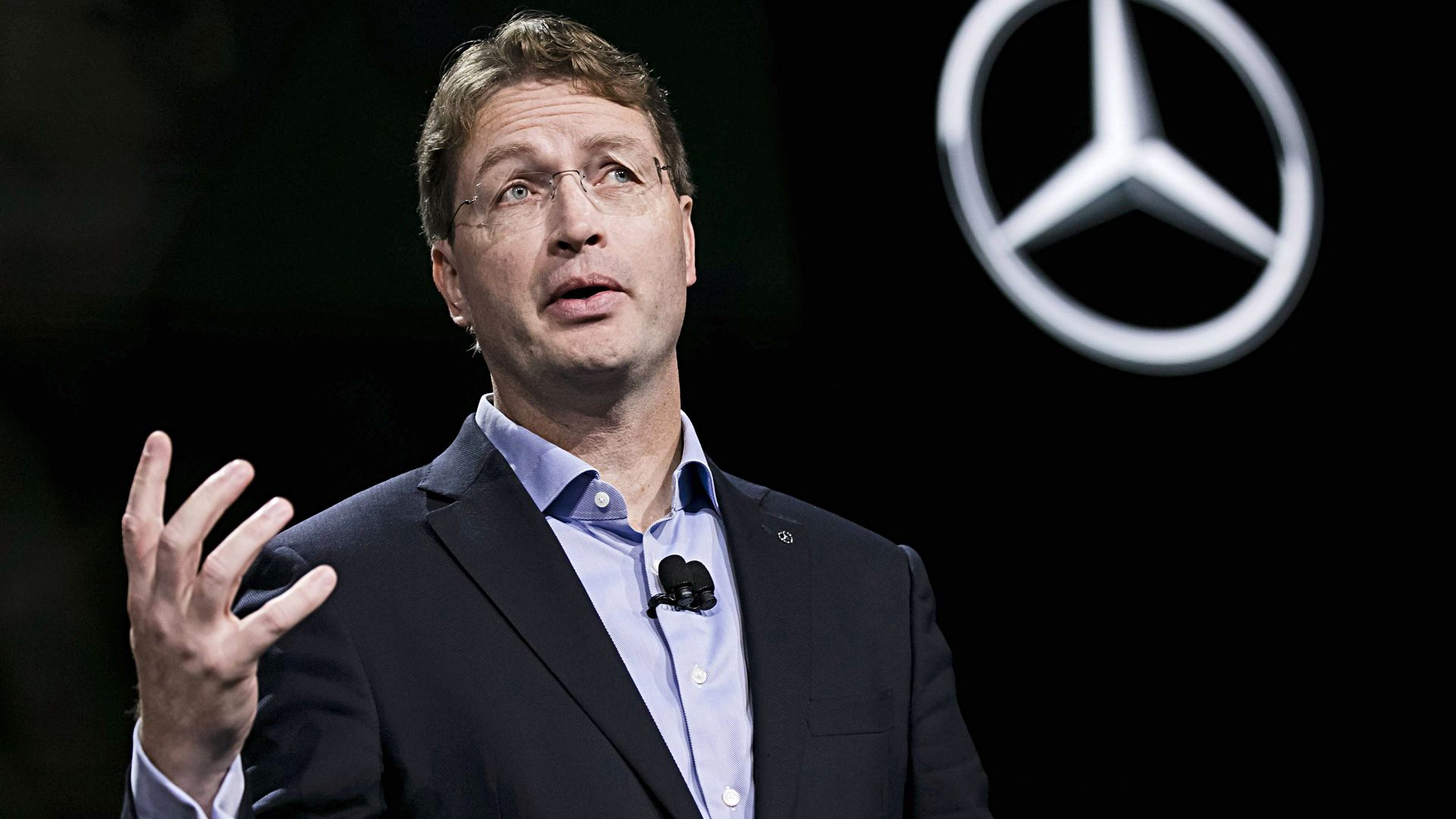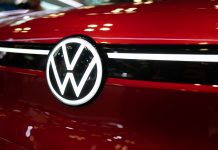Emphasizing the commitment to developing green transportation and processes, several carmakers are announcing plans to move toward a carbon neutral position in manufacturing. While it isn’t a new strategy to reduce emissions and greenhouse gases for some of the largest corporations, the renewed push demonstrates the auto industry’s changing focus toward sustainable energy.
Volkswagen announced a partnership with RCS Global who specializes in supply chain analysis. The intent is to identify opportunities for improvement in environmental protection practices, as well as human rights and safe working conditions. VW’s head of procurement strategy, Ullrich Gereke, says, “The cooperation with RCS Global helps us to better understand which raw material sources and suppliers are in our supply chain and to measure their responsibility performance.”
Volkswagen already produces two models, the ID.301 and the ID.402, with a neutral CO2 balance and are delivered to customers with a carbon-neutral footprint. They are both produced in the Zwickau factory that operates fully on green energy.
Daimler AG Transitioning to Carbon Neutral
Daimler AG has opened what’s known as Factory 56 in Sindelfingen, Germany – a highly advanced production line that is also carbon neutral. By 2022, all German Mercedes-Benz plants are destined to have a carbon-neutral energy supply.
Speaking of the new Mercedes-Benz Factory 56, Daimler AG CEO Ola Källenius said, “Everything is digitized, everything is connected, it’s fully-flexible production, and it takes efficiency level improvements of 25% compared to or current assembly operations. And of course, it’s sustainable. This is a CO2 neutral factory. It will work as a blueprint for our production of the future.”
“Mercedes-Benz is on a quest towards CO2 neutral mobility, and it’s not enough to just put out emission-free cars. You have to look at the whole value chain and, of course, production.”
Porsche Researching Green Options
Along with other manufacturers, Porsche is looking into alternative fuels that can help produce greener automobiles. Known as eFuels, Porsche is exploring how derivatives of fossil fuels can be combined with CO2 in the air resulting in a fuel that has less harmful emissions.
This opportunity is in addition to electrification which the automaker expects to account for half of its sales by 2025.
Green Production Necessary for Green Vehicles
Unfortunately, virtually all electrified models that are seen as ‘green’ have a dirty background. Lithium mining not only contributes to social injustices in foreign countries such as child labor, but the environmental damage from the mining process is extreme. Lithium mining poisons water supplies, damages soil, and toxic chemicals can leak.
Massive amounts of energy are required to manufacture battery cells and battery packs, and it’s reported that the greenhouse gas emissions are so high in producing batteries that the true climate benefit is marginal for EVs over ICE vehicles.
Although EVs offer excellent benefits such as reduced energy consumption and non-existent noise pollution in cities, the electric car industry has a long way to go to become carbon neutral. A vocalized CO2-neutral strategy from major carmakers can help build momentum for selling more efficient, responsibly manufactured gas-powered models that buyers can still feel good about owning.
Did you enjoy this article from Jason Unrau? Read other articles from him here.
Be sure to follow us on Facebook and Twitter to stay up to date or catch-up on all of our podcasts on demand.
While you’re here, don’t forget to subscribe to our email newsletter for all the latest auto industry news from CBT News.








